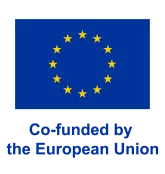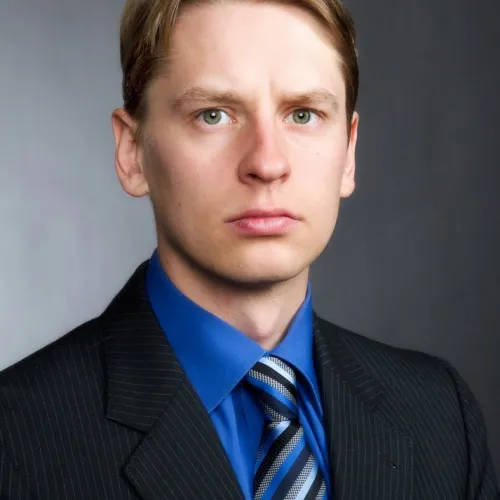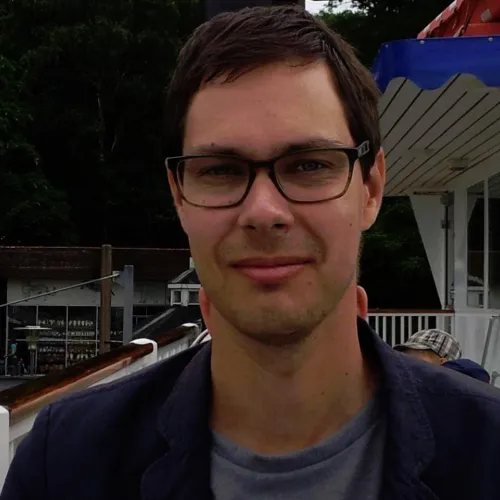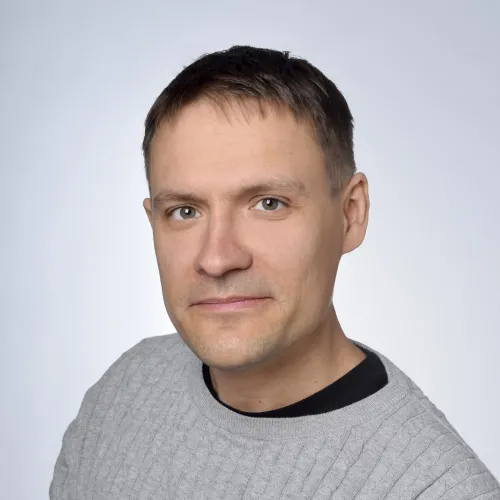Project period:
1.1.2026–31.12.2027
Project funding:
European Regional Development Fund (ERDF) and The Regional Council of South Karelia

The energy system plays a major role in society and on its journey towards carbon neutrality and carbon negativity. Electricity and heat constitute a significant part of society's carbon footprint, and therefore the development activities carried out in them play a major role for the whole of society. The EU level will provide common rules, and Finland must also develop its energy system to respond to the efficient use of scarce energy resources. The flexible district heating system and electric boilers as part of it support the Finnish electricity system based on renewable energy sources, in which wind power already plays a significant role, but the amount of which is expected to grow significantly from the current level.
A characteristic feature of the electricity system is that production and consumption must be constantly balanced. Traditionally, this balance has been maintained by adjusting production according to fluctuations in consumption. The increasing availability of weather-dependent renewable energy (wind and solar power) is fundamentally changing this dynamic. When production varies depending on the weather, flexible consumption is also needed to maintain the system's power balance. Electric boilers can be used to reduce emissions from the district heating system and reduce operational costs by utilizing inexpensive domestic electricity in heat production.
This project maps the possibilities of the South Karelia heating business sector to utilize flexible electric boilers and associated thermal storage to develop their competitiveness. The study includes both an electric boiler and/or thermal storage considered in connection with a CHP plant or other heating plant. A storage facility built in connection with a CHP plant can also optimize the timing of electricity production. The method developed in the project promotes the electrification of the heating sector and enables the efficient use of limited bioresources when other energy resources are not available.

Project period:
1.1.2026–31.12.2027
Project funding:
European Regional Development Fund (ERDF) and The Regional Council of South Karelia





